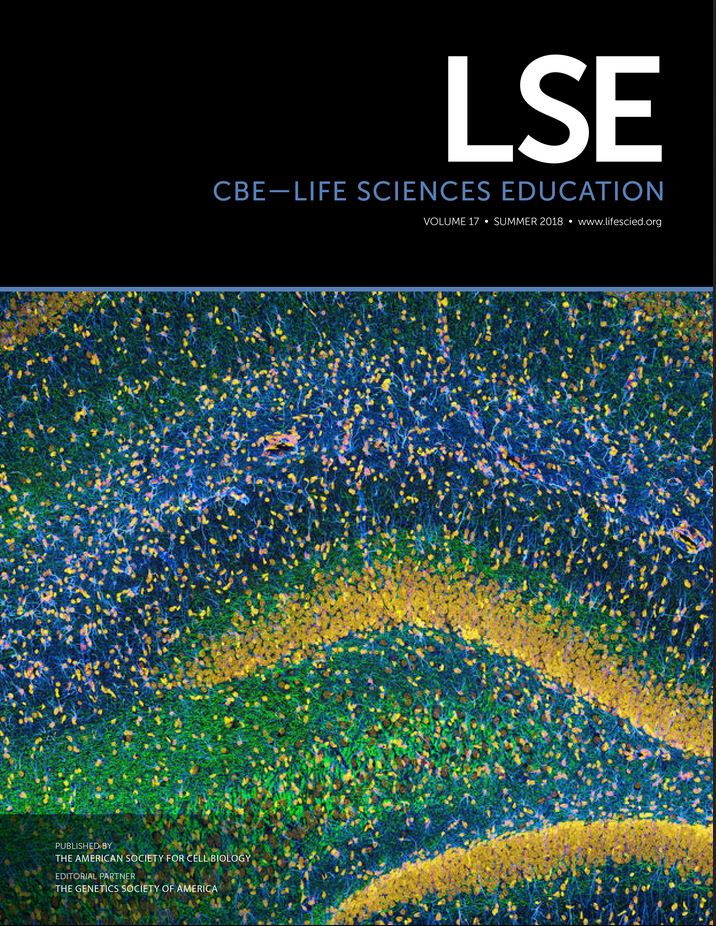Learning Gains from a Recurring “Teach and Question” Homework Assignment in a General Biology Course: Using Reciprocal Peer Tutoring Outside Class
Abstract
Providing students with one-on-one interaction with instructors is a big challenge in large courses. One solution is to have students interact with their peers during class. Reciprocal peer tutoring (RPT) is a more involved interaction that requires peers to alternate the roles of “teacher” and “student.” Theoretically, advantages for peer tutoring include the verbalization and questioning of information and the scaffolded exploration of material through social and cognitive interaction. Studies on RPT vary in their execution, but most require elaborate planning and take up valuable class time. We tested the effectiveness of a “teach and question” (TQ) assignment that required student pairs to engage in RPT regularly outside class. A quasi-experimental design was implemented: one section of a general biology course completed TQ assignments, while another section completed a substitute assignment requiring individuals to review course material. The TQ section outperformed the other section by ∼6% on exams. Session recordings were coded to investigate correlation between TQ quality and student performance. Asking more questions was the characteristic that best predicted exam performance, and this was more predictive than most aspects of the course. We propose the TQ as an easy assignment to implement with large performance gains.



